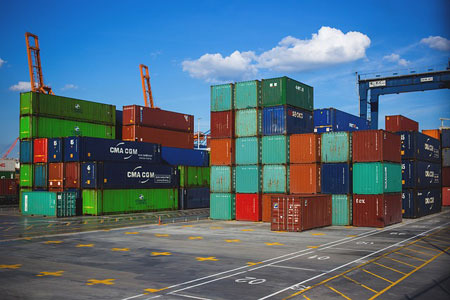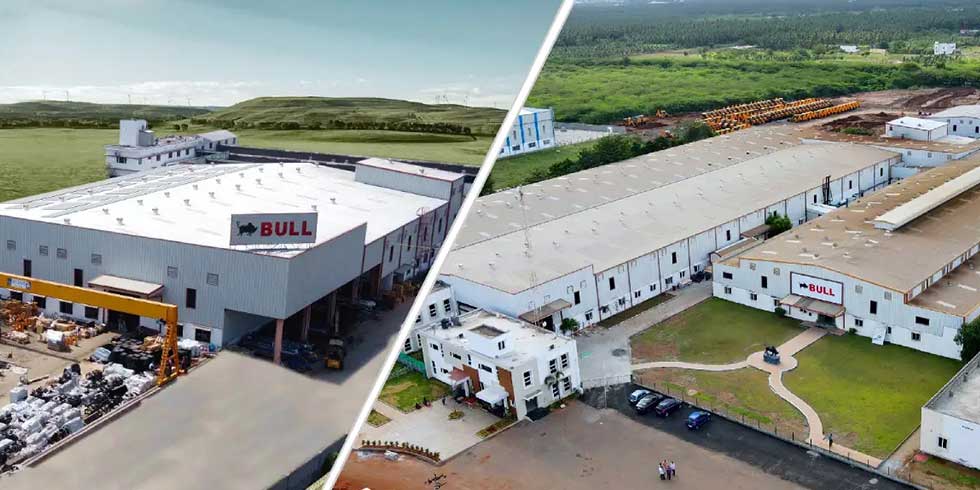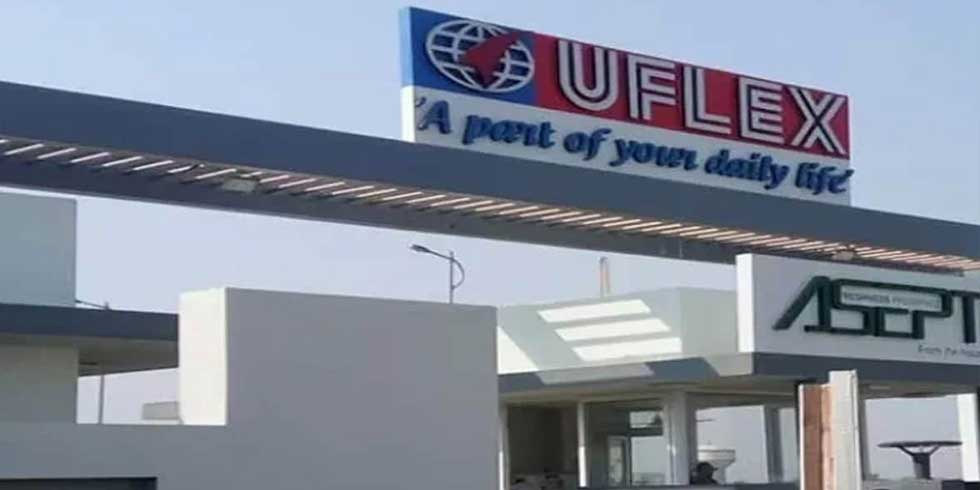On Tuesday, the government declared additional incentives amounting up to Rs 8,450 crore to help support exports in its mid-term survey of the Foreign Trade Policy 2015-2020, which included simplified procedures to enable exporters and an adherence to develop an e-wallet scheme to ease working capital issues for exporters in the post-GST administration. It raised the incentive rate by 2% under the acknowledged Merchandise Exports from India Scheme (MEIS) and Services Exports from India Scheme (SEIS).
The additional incentives have been given for exports by small and medium enterprises, labour-intensive and farming based exports among others. These contain extra annual incentive of Rs 749 crore for leather sector, Rs 1,354 crore for agricultural products, Rs 759 crore for marine products, Rs 369 crore for telecom and electronic segments, Rs 921 crore for handmade carpets, handloom, coir and jute items, and Rs 193 crore for medical equipments.
Commerce and Industry Minister Suresh Prabhu said the mid-term audit of the five-year FTP means to advance exports by simplifying procedures, improving assistance to high employment sectors, utilizing and leveraging GST advantages, boosting service exports and checking exports performance through best in class analytics. He said the government has set up a "state-of-the-art" trade analytics section in DGFT for data based policy activities, which will enhance policy making procedure and make it dynamic and proof driven. Prabhu said the government was likewise working on Ease of Trading guidelines to make processes easier for exporters and importers.
Under the MEIS scheme accessible to exporters, recognized sectors are given duty exemption scrips, which are secured at a specific percentage of the aggregate value of their exports. These scrips can be utilized to pay duties on inputs and can be traded. Legitimacy of the scrips under the incentive programmes has been extended from 18 months to 2 years under the audit. Among the services sector that will profit from the additional incentives incorporate educational, hospital, business, legal, accounting, architectural, hotels and restaurants.
“If you leave the transition problems aside, the GST will benefit exporters the most,” Finance Secretary Hasmukh Adhia said. Central Board of Excise and Customs Member PK Das mentioned the tax division has ensured procedures and frameworks to moreover diminish blockage of working capital of exporters.








Add Comment